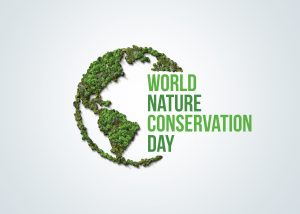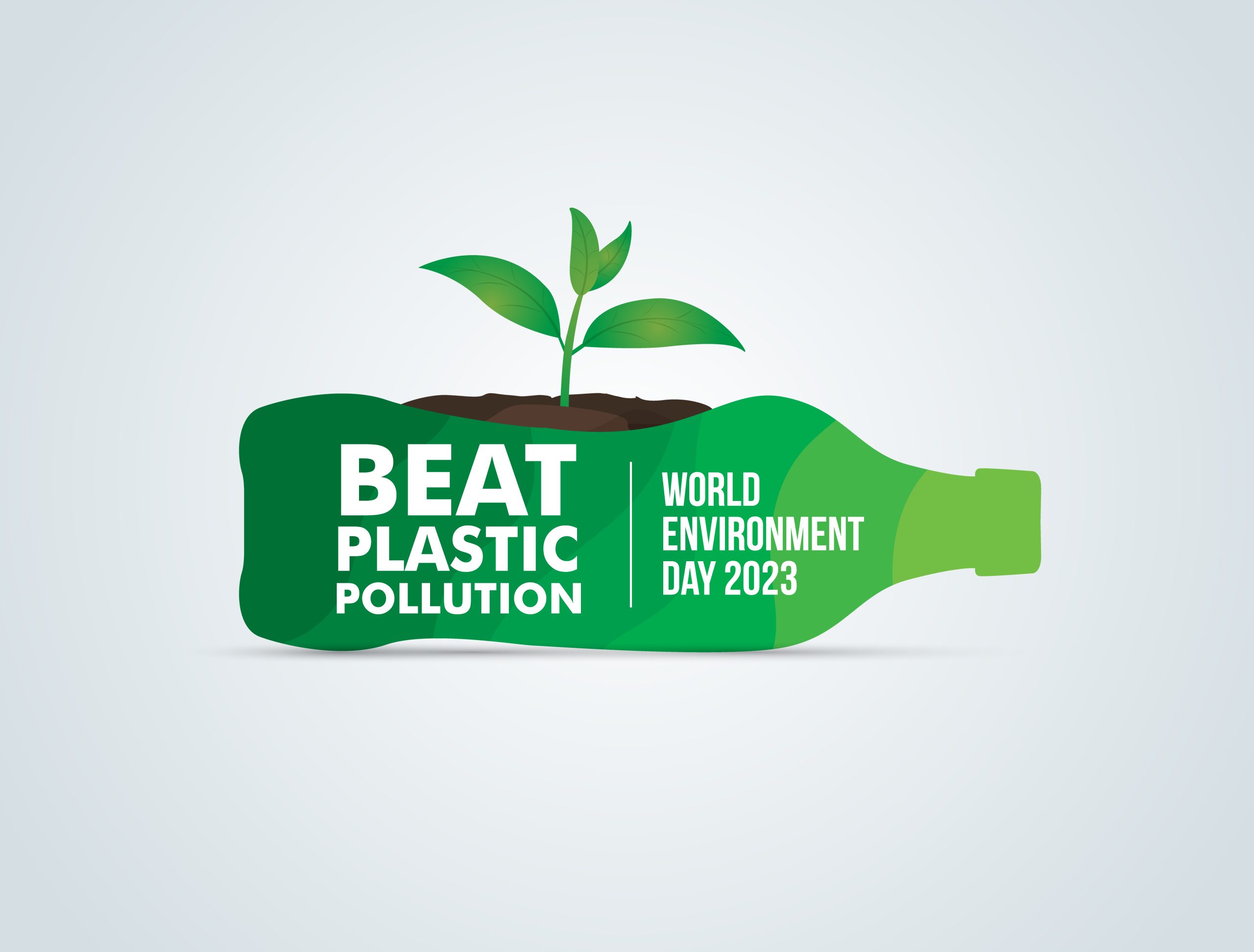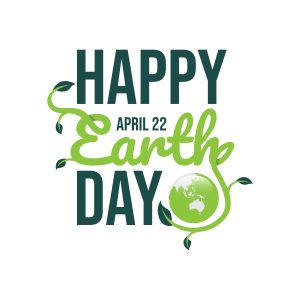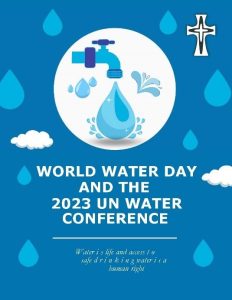Each year on July 28 we observe World Nature Conservation Day, a day to focus on our need to preserve a healthy environment in order to maintain a stable and healthy society at the present time and for future generations.
 This day is intended to encourage people to adopt behaviors that reduce their impact on the environment. It urges all humankind to take action to protect our natural resources and save plants and animals facing the threat of extinction.
This day is intended to encourage people to adopt behaviors that reduce their impact on the environment. It urges all humankind to take action to protect our natural resources and save plants and animals facing the threat of extinction.
Although awareness about environmental conservation has grown over the last several years, there is still a long way to go before we see the results of these endeavors. The unrelenting human over-consumption and over-exploitation of resources has led to unusual weather patterns, destruction of wildlife habitats, extinction of many species and tremendous loss of biodiversity. This day affords us another opportunity to treat our Earth with respect and to recognize the urgency of doing everything we can to protect our precious planet, all its creatures and all its resources.
Three simple ways for everyone to observe World Nature Conservation Day are:
- Cut down on plastic use – switch to products made of degradable and natural components.
- Check e-waste – ensure that old electronic products are properly disposed of.
- Conserve water and electricity
El 28 de julio de cada año se celebra el Día Mundial de la Conservación de la Naturaleza, una jornada para centrarnos en nuestra necesidad de preservar un medio ambiente sano a fin de mantener una sociedad estable y saludable en el presente y para las generaciones futuras.
Este día pretende animar a las personas a adoptar comportamientos que reduzcan su impacto sobre el medio ambiente. Insta a toda la humanidad a tomar medidas para proteger nuestros recursos naturales y salvar las plantas y animales que se enfrentan a la amenaza de la extinción.
Aunque la concienciación sobre la conservación del medio ambiente ha aumentado en los últimos años, aún queda mucho camino por recorrer antes de que veamos los resultados de estos esfuerzos. El incesante consumo humano excesivo y la sobreexplotación de los recursos han provocado patrones climáticos inusuales, la destrucción de los hábitats de la fauna salvaje, la extinción de muchas especies y una tremenda pérdida de biodiversidad. Este día nos brinda otra oportunidad para tratar a nuestra Tierra con respeto y reconocer la urgencia de hacer todo lo posible para proteger nuestro precioso planeta, todas sus criaturas y todos sus recursos.
El Día Mundial de la Naturaleza puede celebrarse de tres maneras sencillas:
Reducir el uso de plástico: cambiar a productos fabricados con componentes degradables y naturales.
Controlar los residuos electrónicos: asegurarse de que los viejos productos electrónicos se eliminan correctamente.
Ahorrar agua y electricidad


 ecology is often hindered by limited access to the academic publications on the subject, which are not affordable for many individuals and institutions in lower-income countries.
ecology is often hindered by limited access to the academic publications on the subject, which are not affordable for many individuals and institutions in lower-income countries. More than 150 countries participate in this international day, which features a different environmental focus each year – air pollution, biodiversity loss, food security, illegal wildlife trade. This year’s theme focuses on plastic pollution. More than 400 million tons of plastic is produced every year, with approximately 20 million tons ending up in lakes, rivers and oceans.
More than 150 countries participate in this international day, which features a different environmental focus each year – air pollution, biodiversity loss, food security, illegal wildlife trade. This year’s theme focuses on plastic pollution. More than 400 million tons of plastic is produced every year, with approximately 20 million tons ending up in lakes, rivers and oceans. A new cosmological narrative with “Cosmos meaning all creation, the entire universe, every dimension of time and space (spiritual and material)” is one of “a global heartbeat” in “kinship as a planetary community”. In uniqueness, we are “aligned” /”in harmony”/ “in wonder”/”delight”/”bending low…play-ful” as “one with the heartbeat of God”.
A new cosmological narrative with “Cosmos meaning all creation, the entire universe, every dimension of time and space (spiritual and material)” is one of “a global heartbeat” in “kinship as a planetary community”. In uniqueness, we are “aligned” /”in harmony”/ “in wonder”/”delight”/”bending low…play-ful” as “one with the heartbeat of God”. Earth Day, celebrated annually on April 22, seeks to highlight and promote efforts dedicated to protecting our planet and its natural resources. The theme for this year’s Earth Day, Invest in our Planet focuses on engaging governments, institutions, businesses and citizens in the work of restoring the health of our planet. We are all too aware of today’s many environmental crises that negatively affect our planet and pose a serious risk to our health and our future – global warming, deforestation, widespread pollution, loss of biodiversity, endangered wildlife, shortages of clean water, etc.
Earth Day, celebrated annually on April 22, seeks to highlight and promote efforts dedicated to protecting our planet and its natural resources. The theme for this year’s Earth Day, Invest in our Planet focuses on engaging governments, institutions, businesses and citizens in the work of restoring the health of our planet. We are all too aware of today’s many environmental crises that negatively affect our planet and pose a serious risk to our health and our future – global warming, deforestation, widespread pollution, loss of biodiversity, endangered wildlife, shortages of clean water, etc. At the UN, Mercy Global Action is promoting a Mercy Water Campaign to strengthen a more unified voice in the Mercy World, in solidarity with our partners and water defenders in the water justice movement, to protect and promote the human right to water, and the rights-based implementation of SDG6 (clean water and sanitation).
At the UN, Mercy Global Action is promoting a Mercy Water Campaign to strengthen a more unified voice in the Mercy World, in solidarity with our partners and water defenders in the water justice movement, to protect and promote the human right to water, and the rights-based implementation of SDG6 (clean water and sanitation).